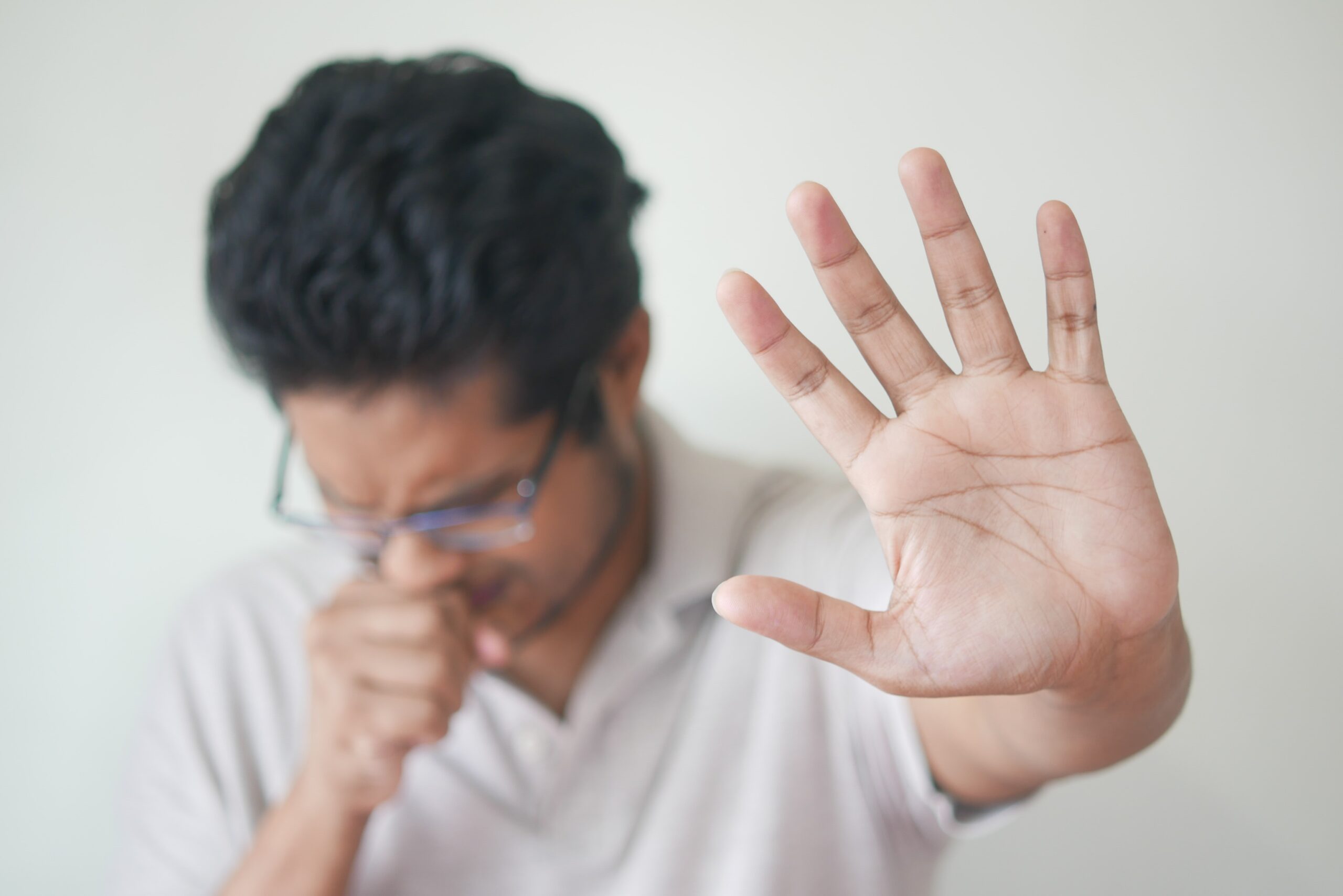Oral Hygiene Tips
To maintain a beautiful smile and optimal gum health, it’s essential that you visit the dentist regularly and prioritize your oral health!
Through professional check-ups, your dentist can detect early signs of oral health problems, so we can determine a treatment plan to prevent further damage, and in some cases, reverse the problem.
Professional cleanings are also important for preventing oral problems, especially when self-care is difficult.

February is Gum Disease Awareness Month! Top 5 Facts
February 1, 2024
February is the perfect time to shine a spotlight on one of the most common yet often overlooked oral health issues: gum disease. At Periodontal ...
Read Article

Smile Stocking Stuffers: Best Gifts for Healthy Smiles
November 15, 2023
The holidays are right around the corner! If you’re starting to think of gifts or stocking stuffer ideas, we prepared the ultimate guide to make ...
Read Article
How can exposed roots be treated?
October 29, 2023
If your smile is looking a little long in the tooth, you may be dealing with exposed tooth roots. It’s a good idea to schedule ...
Read Article
Can Botox help with teeth grinding and clenching?
October 22, 2023
The health benefits of Botox are often overlooked as many people believe Botox treatments are purely cosmetic solutions, but Botox can alleviate chronic clenching and ...
Read Article
How often should you get periodontal treatment?
September 15, 2023
Periodontal disease is a chronic disease that can't be cured, but can be controlled.
Read Article

Can gum disease make you sick?
July 4, 2023
Maintaining great oral health is crucial not only for a beautiful smile but also for your overall well-being! At the Periodontal Health Center, we say, ...
Read Article